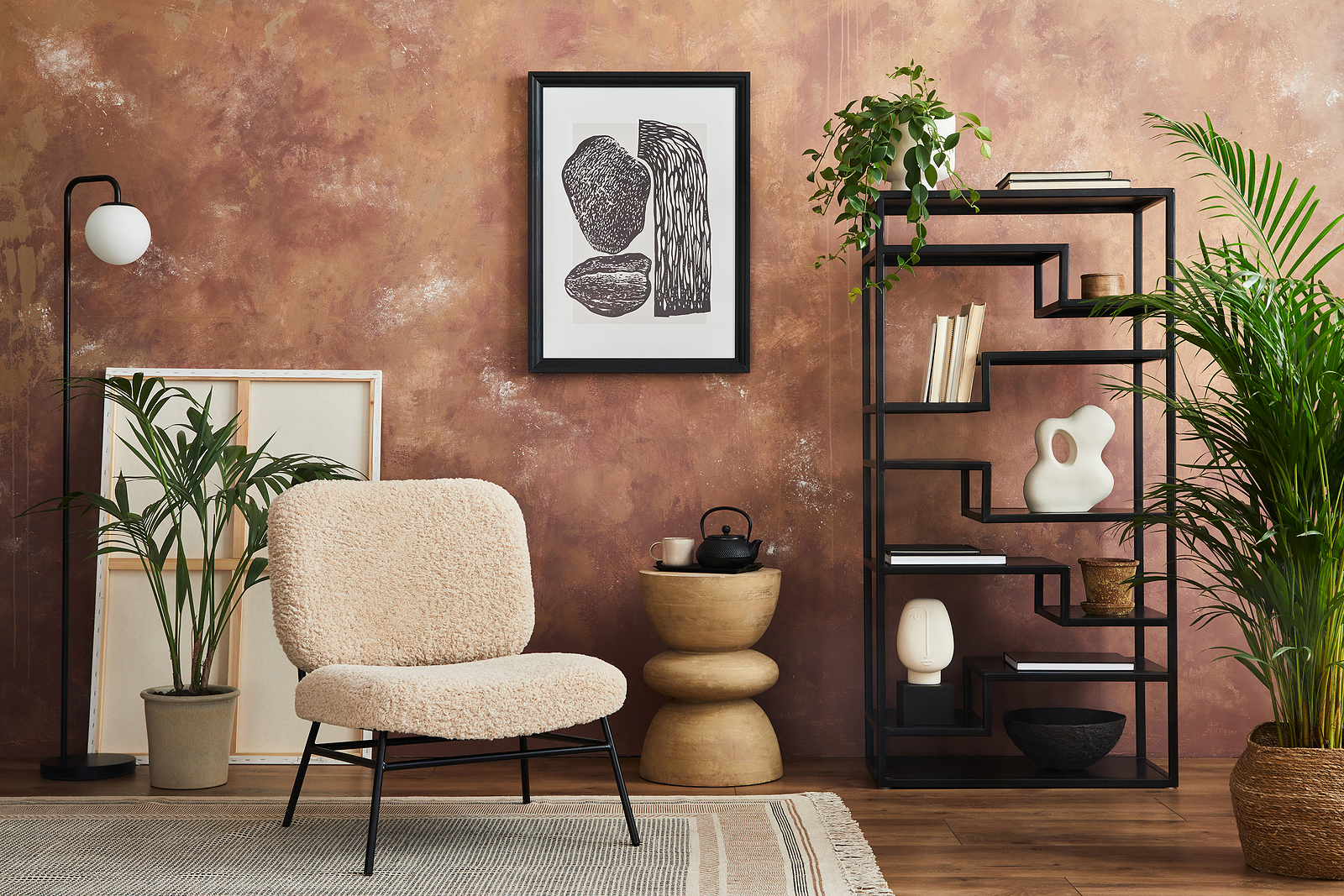What if we told you that you could turn $402 in cleaning supplies into $2,024 extra in the sale of your home, just by cleaning your house?
A home improvement study performed by a real estate portal revealed just how much you can net just by performing the basics.
Imagine how much more you’d realize if you went beyond just decluttering and cleaning. Staging the home is the next logical step once you have it clean and sparkling.
The psychology of homebuyers is complicated but two things a seller can count on include:
- They want a home they can move right in to without hiring a cleaning crew first.
- They want to picture themselves living in the home, surrounded by their belongings.
These feelings are so pervasive among buyers that 63% of potential homebuyers surveyed by Maritz, a marketing research firm, said they would be willing to pay more for a home they perceive to be turn-key.
Staging the home meets both of the goals for the buyer.
What is home staging?
Staging a home for sale creates the best first impression possible, from the moment a potential buyer comes in the front door.
A home stager’s goal is multi-pronged:
- Make the home appear well cared-for
- Create a light and bright atmosphere
- Showcase the lifestyle the home offers
- Depersonalize the home just enough to allow buyers to envision how they can personalize it to their liking.
Home stagers are experts at drawing the eye to the positive aspects of the home while downplaying those that are less attractive.
The costs of staging a home
The cost of hiring a professional home staging service varies widely, depending on the scope of the project. A vacant home costs more to stage than one that is occupied and furnished. A large home will cost more to stage than a small home. The price varies by region as well.
Fixr.com claims that the “national average cost” will run you $1,500 with the average range between $1,000 and $3,000. The lowest cost they found was $200 and the high end a whopping $10,000.
Then there is the research published at HomeAdvisor.com. They’ve found that home sellers can expect to pay between $750 and $2,829, with an average cost of $1,731.
The site also offers a staging calculator that you can set to get local costs.
Since some stagers charge by the month after the initial staging, the cost in the long run could be higher.
There are ways to get around the high cost of home staging
Staging is almost a must for luxury homes. Low- and mid-priced homeowners, however, can get a bit creative in their staging choices.
First, consider paying a professional stager for a consultation. It’s worth the money spent to pick the brains of an expert.
Then, take his or her tips and make staging a DIY project.
If you’re on a tight budget, consider staging only key rooms, such as the entryway, living room and kitchen.
DIY staging doesn’t have to be expensive, however. Use the furniture you already own and then raid friends’ and relatives’ attics and storage containers to find accessories.
You’ll find DIY home staging tips online at familyhandyman.com, realsimple.com and hgtv.com.
Benefits of home staging
Two thousand dollars. That’s roughly the return you’ll realize when you sell your staged home. The more you invest in staging, the higher the return.
How much higher? According to an industry survey (Home Staging Resource), homes that are staged tend to sell for between 6% and 25% more than non-staged homes.
Keep this in mind before you dismiss staging because of the cost.
Since homes are staying on the market longer than in months past, you’ll be happy to hear that staged homes sell faster than homes that aren’t staged, according to the president of the International Association of Home Staging Professionals, (IAHSP), Barb Scwartz.
Her research finds that homes staged by an IAHSP member sell 20% quicker than homes that aren’t staged.
Remember, homebuyers are willing to pay more for homes they perceive as move-in ready.
That first impression of your home can make the difference in whether potential buyers decide to look beyond what they see at the front door and even how much they are willing to pay for the home.






 EN
EN
 ES
ES